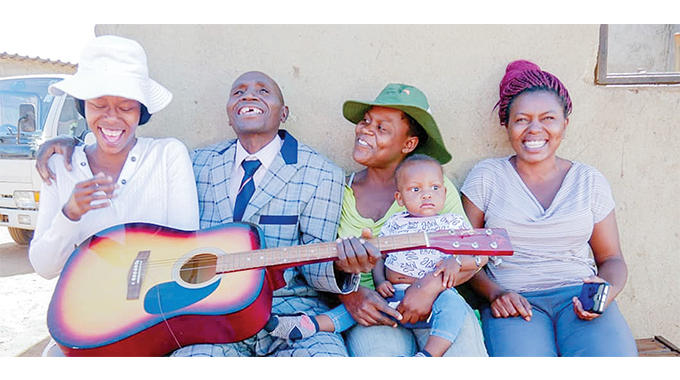COMMENT: Covid-19 must not escape from quarantine centres

A large proportion of the 56 Covid-19 cases that had been confirmed in the country by Sunday are imported.
Since the infection did not originate in our country, one of the first steps that the Government took to limit its spread through migration was to close national borders for non-essential travel.
However, closure of national borders does not prevent citizens based abroad from returning home if they wish to. Up to 4 000 locals are in this category. Covid-19 rendered them jobless in their adopted countries and life had become hard for them. To avoid destitution in a foreign country, they are streaming back home, many from some of the world’s hardest hit countries — Britain and South Africa among others. As is global practice, everyone returning home in this Covid-19 crisis must spend 21 days in mandatory quarantine. They are tested on days one, eight and 21 to determine their Covid-19 status.
In Midlands, four cases that had been recorded by Sunday were returnees from Botswana who were quarantined at Gweru Polytechnic College.
It therefore worries us when some of the returnees escape from quarantine centres before they are certified Covid-19 negative. Our sister paper, Sunday News reported this week that 99 people had sneaked out of quarantine centres across the country.
Related to the foregoing, we reported yesterday rampant border-jumping and smuggling of goods between Zimbabwe and South Africa through various points along the Limpopo River. Because the migration is irregular, there is a risk that travellers infected with the coronavirus may be infecting more people undetected.
National Police spokesperson Assistant Commissioner Paul Nyathi said an unspecified number of those that escaped have since been arrested.
“I can confirm that 99 returnees have escaped from various quarantine centres across the country. However, some of them have been arrested. As police we have stepped up our patrols to ensure that returnees do not escape. We are working with other stakeholders such as the Ministry of Health and Child Care to ensure compliance. We also urge returnees to comply with the quarantine regulations,” he said.
Permanent Secretary in the Ministry of Information, Publicity and Broadcasting Services Mr Nick Mangwana tweeted on Saturday that three returnees from South Africa escaped from Mary Mount Teachers’ College Quarantine Centre in Mutare. Police sought them at their given home addresses, but could not locate them.
Three weeks ago, two men who had been deported from Botswana and escaped from quarantine at Bulawayo Polytechnic were fined $800 each.
The 99 must have known that because of their foreign travel history, they are potentially coronavirus positive, thus by sneaking out before they are cleared, they may be infecting whoever they have come in contract with, hampering the country’s best efforts to stop the further spread of the infection.
There is no other reason why the 99 have escaped from mandatory quarantine apart from blatant recklessness. It is frightening that we have so many people out there. Such behaviour is no different from a person who is Covid-19 positive and must be in self-isolation but breaks the rule by gallivanting around.
Considering the potential danger they pose to their friends and relatives, all the escapees must be tracked down and severely punished.
However, we don’t think a $800 fine for those caught on the other side of the law is deterrent enough.
In March, a Serbian court sentenced a man to three years in prison for violating the mandatory quarantine period after he had returned from abroad. The 38-year-old was convicted for “failure to comply with health regulations at the time of epidemic.” At that time, 112 people in that country had been jailed pending trial over similar offences.
In Hong Kong, in the same month three men received jail sentences ranging from 10 days to three months after they were found guilty of breaching self-quarantine orders.
In the US any person who violates quarantine regulations can be fined up to US$1 000 or imprisoned for not more than one year or both.
These are tougher punishments that are commensurate with the gravity of the crimes of violating self-isolation and mandatory quarantine measures.
Authorities here might want to consider toughening relevant laws.
Heavy sanctions are good, but we are unhappy that so many people left quarantine zones unnoticed. In our view such areas must be high-security zones that must be under the watchful eye of police and other security agents.
There is a need for law enforcement agents to improve policing of quarantine centres to prevent breaches such as we have had in the 99 reported cases.
Policing the Limpopo is a traditional challenge because of the vast expanse of the river.
However, the crossing points where smuggling and other irregular migration occur are well known. Surveillance should be concentrated on those points to limit the risk of illegal migration triggering an increase in Covid-19 cases from South Africa, the country with the highest number of Covid-19 cases on the continent.











Comments